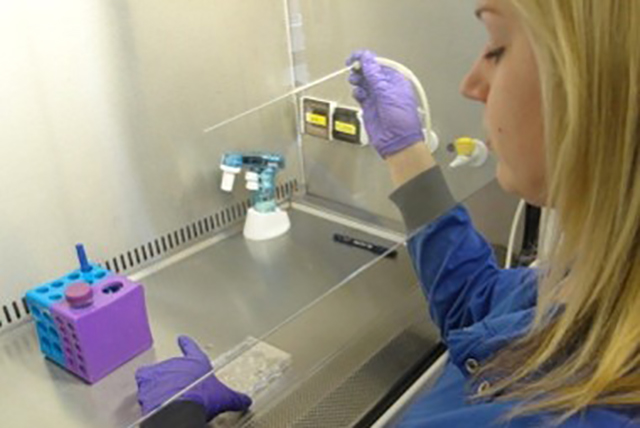Research towards a healthier, tastier and safer future
We focus on research that plays a vital role in delivering health benefits to society. Our researchers work with government, industry and commerce to improve the processing of raw materials and products to benefit food quality, enhance health and ensure safety.
We are investigating novel ingredients for gut health and immunity, and studying the impact of nutrition on cardiovascular, metabolic and neurodegenerative disorders. We are also focusing on the individual perception of food and its impact on choice and diet.
Our researchers are also interested in the impact of food production on the world around us. We consider environmental impact through areas such as sustainable processing, development of functional foods, reduction of food waste, and exploitation of unavoidable food waste and processing by-products.



